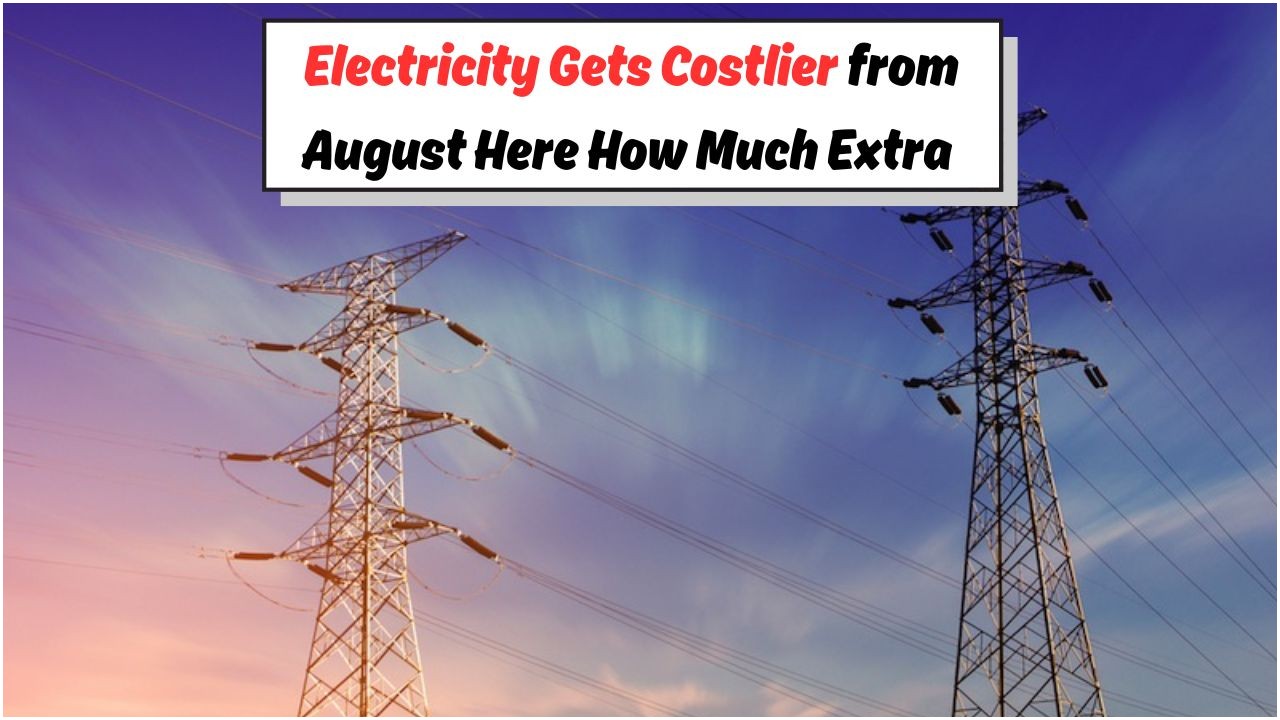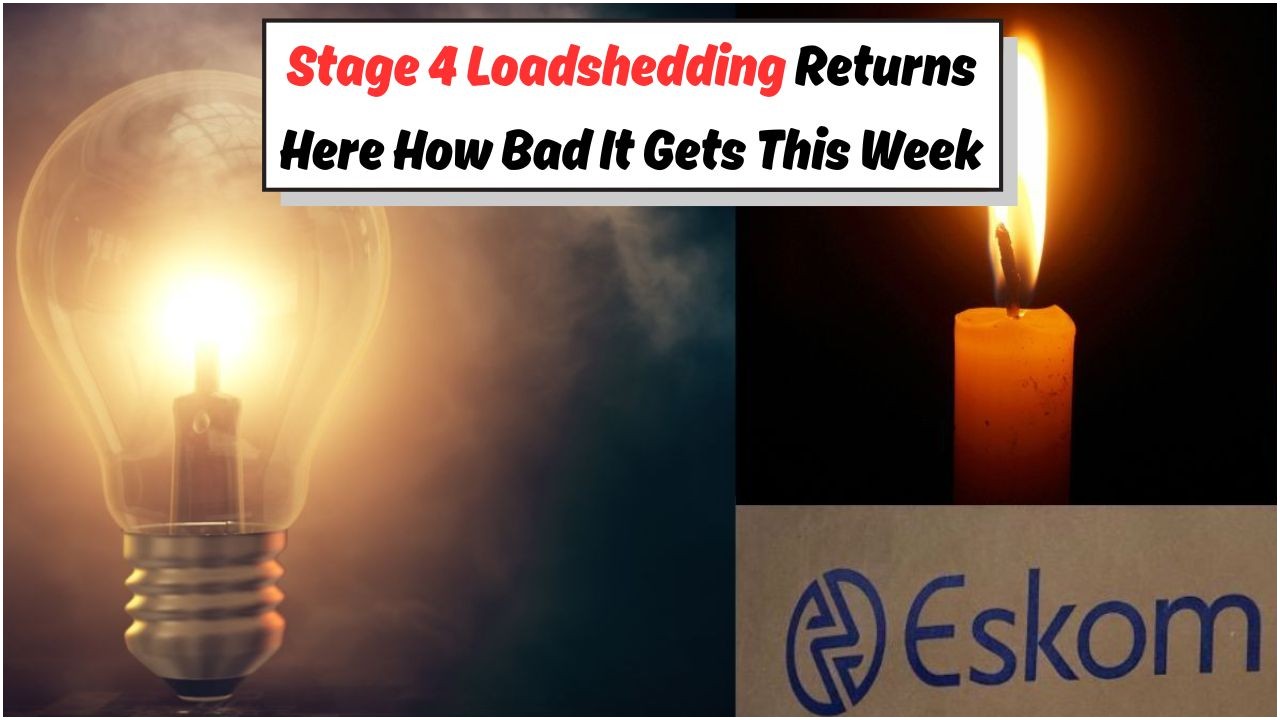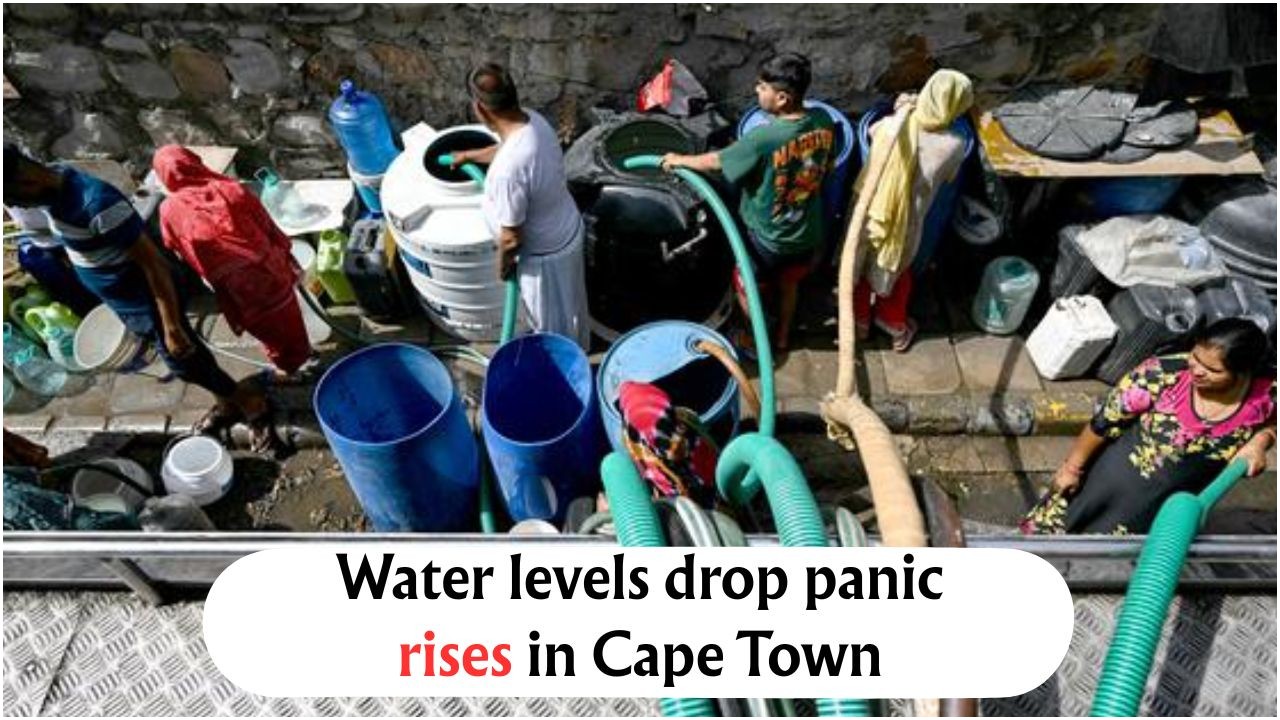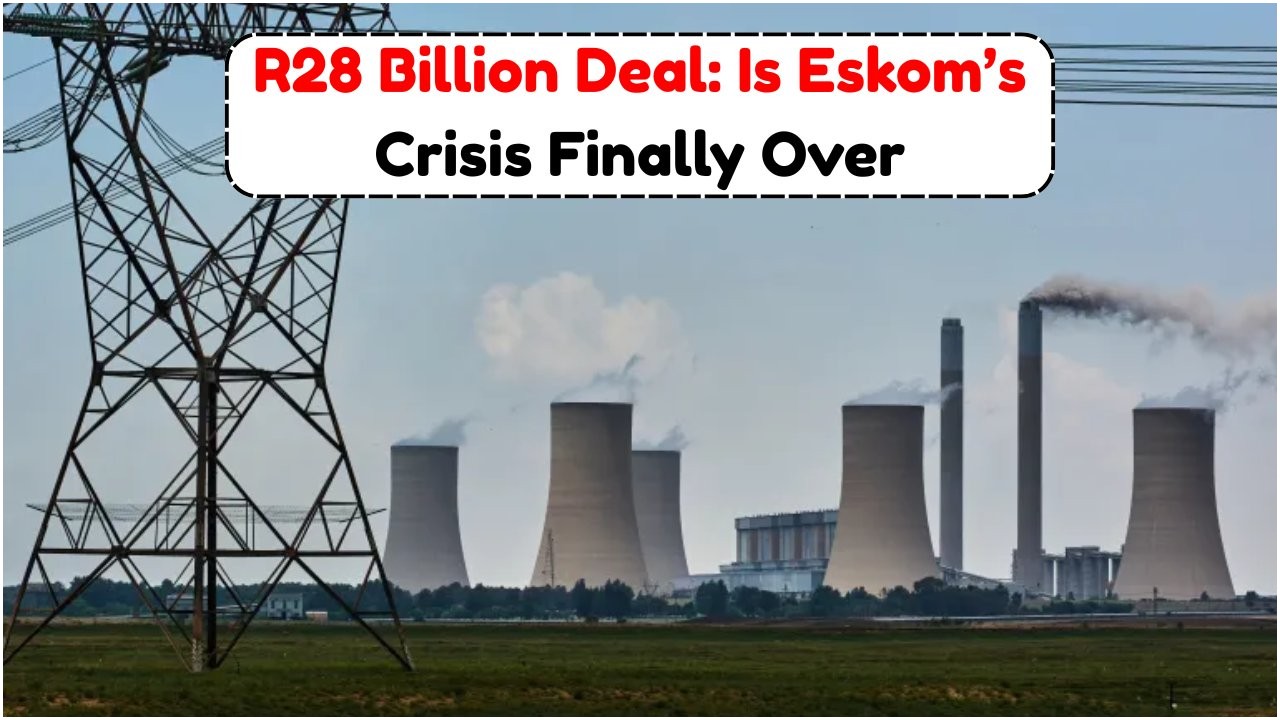August 1 Electricity Tariff Hike: South Africans are gearing up for a significant shift in their monthly expenses as the electricity tariffs are set to rise from August 1. This increase, announced by the national power utility, is expected to impact households and businesses across the country, prompting many to reassess their energy consumption and budget allocations. With the cost of living already on the rise, this development has sparked widespread discussion on how it will affect the average consumer. The hike aims to address the ongoing financial challenges faced by the power sector, ensuring sustainability and continuous provision of energy. In light of these changes, understanding the new cost structure and implementing energy-saving strategies has become crucial for everyone looking to mitigate the impact of these increases.
Understanding the August Electricity Tariff Increase
The impending electricity tariff hike scheduled for August has been a topic of concern for many South Africans. This increase comes as part of an effort by the national power utility to stabilize the financial viability of the electricity sector. The hike is not uniform across the board, as it varies depending on the consumption level of households and businesses. For residential consumers, the increase is expected to be around 10%, whereas industrial users might see a slightly different rate. This differentiation is meant to balance the financial burden among different consumer categories while also encouraging efficient energy usage. Given the current economic climate, many are questioning how they will manage these additional costs, especially those already struggling to make ends meet. It is essential for consumers to familiarize themselves with the new tariff structure to better prepare for the upcoming changes and explore ways to reduce their electricity bills.
- Residential Increase: Approximately 10% hike.
- Industrial Increase: Varies depending on usage.
- Encourages energy efficiency among users.
- Financial Stability: Aims to support the electricity sector.
Impact of Tariff Hike on South African Households
The electricity tariff hike in South Africa is set to have a significant impact on households, particularly those in low-income brackets. For many families, electricity is a substantial portion of their monthly expenses, and a 10% increase can translate to a notable financial strain. Households will likely need to cut back on other expenses or find ways to reduce their electricity consumption to manage these new costs. This situation has also sparked conversations about the importance of energy efficiency and the adoption of alternative energy sources like solar power. While the initial investment in renewable energy systems can be high, the long-term savings on electricity bills can offset these costs, making it a viable option for some households. Furthermore, the government and various organizations are offering incentives and programs to support the transition to greener energy, which could alleviate some of the financial pressures caused by the tariff hike.
 Urgent Storm Surge Alert for Coastal SA: Eastern Cape and KZN Residents Advised to Seek Safety
Urgent Storm Surge Alert for Coastal SA: Eastern Cape and KZN Residents Advised to Seek Safety
| Household Type | Current Cost (R) | New Cost (R) | Increase (R) | Percentage Increase | Suggested Savings |
|---|---|---|---|---|---|
| Low-Income | 500 | 550 | 50 | 10% | Energy-efficient appliances |
| Middle-Income | 1000 | 1100 | 100 | 10% | Solar panels |
| High-Income | 2000 | 2200 | 200 | 10% | Home automation |
Strategies to Manage Increased Electricity Costs
With the electricity tariff increase looming, South Africans are seeking strategies to manage these rising costs effectively. One of the most immediate ways to reduce electricity expenses is by adopting energy-efficient practices at home. This can include simple actions such as turning off lights and appliances when not in use, using LED lighting, and investing in energy-efficient appliances. Additionally, many households are considering the installation of solar panels, which, despite the initial investment, can lead to significant savings over time. Financial planning also plays a critical role in managing these costs. Creating a detailed monthly budget that accounts for the increased electricity expenses can help households avoid financial strain. Furthermore, some financial institutions offer green loans specifically designed to assist with the transition to renewable energy sources, providing another avenue to explore for those looking to mitigate the impact of the tariff hike.
- Invest in energy-efficient appliances
- Consider solar power installations
- Create a detailed budget plan
Government and Organizational Support for Consumers
In response to the electricity tariff hike, various government and organizational initiatives are being introduced to support consumers. These programs aim to alleviate the financial burden on households and promote energy efficiency. For instance, the government is offering rebates and incentives for households that invest in energy-efficient appliances and renewable energy solutions. Additionally, several non-profit organizations are providing educational resources and workshops to help consumers understand how to reduce their energy consumption effectively. This support is particularly vital for low-income families who are most affected by the tariff increase. By taking advantage of these programs, consumers can not only manage their electricity costs better but also contribute to a more sustainable energy future for South Africa.
- Government rebates for energy-efficient appliances
- Incentives for renewable energy installations
- Educational resources from non-profits
Long-Term Effects of Tariff Hike on Economy
The long-term effects of the electricity tariff hike extend beyond individual households, impacting the broader South African economy. Businesses, especially small to medium enterprises, may face increased operational costs, which could lead to higher prices for goods and services. This, in turn, could further strain the financial situation of consumers, creating a cycle of increased expenses. On the flip side, the tariff hike could accelerate the adoption of renewable energy solutions, fostering innovation and creating new job opportunities in the green energy sector. This shift has the potential to reduce South Africa’s reliance on fossil fuels, contributing to a more sustainable and stable energy future.
Impact on Small Businesses:
| Business Type | Current Energy Cost (R) | New Energy Cost (R) | Potential Impact |
|---|---|---|---|
| Retail | 5000 | 5500 | Price adjustments |
| Manufacturing | 15000 | 16500 | Increased production costs |
| Service | 3000 | 3300 | Reduced profit margins |
Future Outlook on Electricity Pricing
Looking ahead, the trajectory of electricity pricing in South Africa remains a topic of considerable debate. While the current tariff hike is aimed at stabilizing the financial health of the power sector, there are ongoing discussions about the need for a more sustainable and equitable pricing model. This could involve further investments in renewable energy infrastructure and smarter grid technologies to reduce costs in the long run. Additionally, as more consumers shift towards alternative energy sources, the demand on the national grid may decrease, potentially easing the pressure on electricity pricing. However, achieving these goals will require concerted efforts from both the government and private sectors to ensure a balanced and fair approach to energy pricing in the future.
- Renewable energy investments
- Smart grid technologies
- Decreased grid demand
FAQs About the August Electricity Tariff Hike
How much will my electricity bill increase?
The average increase for residential consumers is expected to be around 10%, but this can vary based on individual usage.
Are there any programs to help reduce my electricity costs?
Yes, the government offers rebates and incentives for energy-efficient appliances and renewable energy solutions.
What can I do to save on electricity?
Investing in energy-efficient appliances, considering solar panels, and creating a detailed budget plan can help manage costs.
Will businesses be affected by the tariff hike?
Yes, businesses will see an increase in operational costs, which may lead to higher prices for goods and services.
Is there a long-term solution to rising electricity costs?
Adopting renewable energy sources and investing in smart grid technologies can help reduce costs over time.









